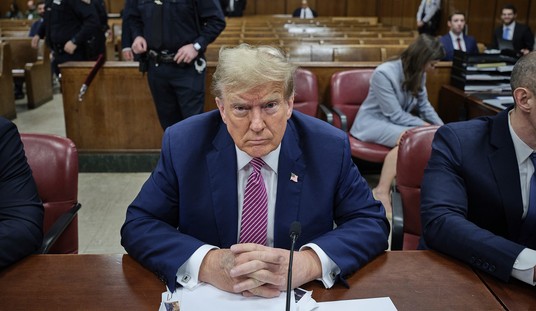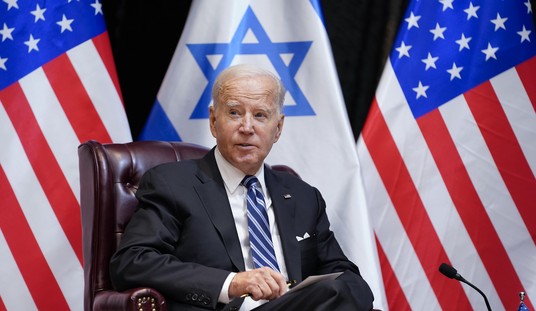Advertisement
That's the script. When heinous monsters kill people with guns, we tend to talk about the problem of guns. Or rather, people in Washington, New York and other big cities tend to talk about the problem of guns, because they think guns are the problem. There's an irony there, of course, given that such cities tend to have the worst gun-related murder rates -- Chicago these days has the equivalent of an Aurora every month -- and they are the places where guns are hardest to come by, legally.
Regardless, the gun debate flashed for the briefest of moments, like a round of heat lightning that fails to herald a storm, and then disappeared.
Instead, the conversation has moved to other familiar topics. What to do about the mentally ill? How much blame does our violent popular culture deserve? Etc.
These are good questions. But you know what debate seems conspicuously absent? Should we execute James Holmes?
Death penalty opponents are fairly mercenary about when to express their outrage. When questions of guilt can be muddied in the media; when the facts are old and hard to look up; when the witnesses are dead; when statistics can be deployed to buttress the charge of institutional racism: These are just a few of the times when opponents loudly insist the death penalty must go.
But when the murderer is white or racist or his crimes so incomprehensibly ugly, the anti-death-penalty crowd stays silent. It's the smart play. If your long-term goal is to abolish the death penalty, you want to pick your cases carefully.
Recommended
Advertisement
But the simple fact is, if the death penalty is always wrong, it's wrong in the politically inconvenient cases too.
The standards of newspaper writing and civic discourse require that we call Holmes the "alleged" culprit in this horrific slaughter. That's fine, but if the facts are what we've been told they are, then we know this man is guilty and the jury will not have a hard time saying so.
We don't know whether or not he's mentally ill, but odds are he isn't. Indeed, criminologists and psychiatrists will tell you that most mass murderers aren't insane. But the public debate is already caught up in a familiar tautology. What Holmes did was an act of madness, therefore he must be a madman. And if he's a madman, we can't execute him because he's not responsible for his actions. And if he's not responsible, then "society" must be. And we can't execute a man for society's sins. So: Cue the debate about guns, and funding for mental health, and the popular culture.
Well, I say enough. I favor the death penalty. I don't support killing insane or mentally disabled people who are truly not responsible for their actions, but I don't believe that committing an "act of madness" necessarily makes you a madman. But committing an act of wanton evil makes you an evil man.
Evil and madness are not synonyms. Societies that cannot distinguish between the two are destined to get more of both.
If the death penalty is always wrong, let us have an argument about James Holmes, a man many Americans are aware of, informed about and interested in. Let us hear why the inequities of the criminal justice system require his life be spared. Fight the death penalty battle on this battlefield.
Advertisement
That won't happen. It won't happen in part because nobody on the Sunday talk shows wants to debate the death penalty when the case for it is strong. They like cases that "raise troubling questions about the legitimacy of the death penalty," not cases that affirm the legitimacy of the death penalty.
But it also won't happen because death penalty opponents understand that when the murderer is unsympathetic, the wise course is to hold your tongue until the climate improves.
It remains an open question whether Colorado will seek the death penalty. Prosecutors know that doing so would add years and millions of dollars in extra costs because opponents have so gummed up the legal works. That way they can complain about the outrageous costs of a mechanism they themselves have worked to make prohibitively expensive.
I say, let us give Holmes a fair trial. If convicted, execute him swiftly. If you disagree, explain why this man deserves to live.

























Join the conversation as a VIP Member